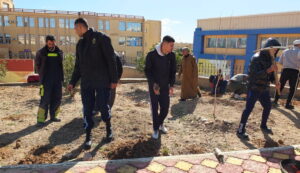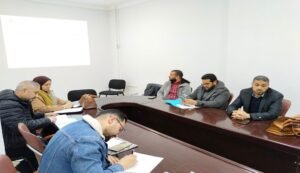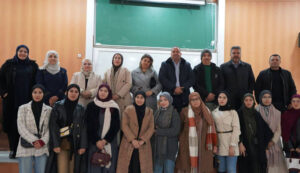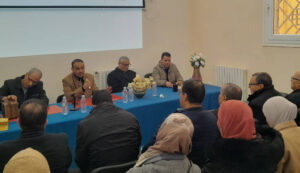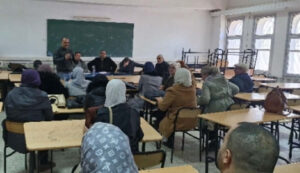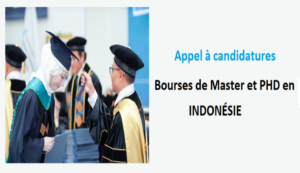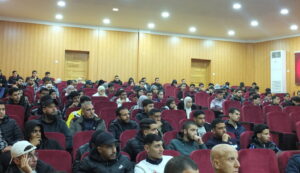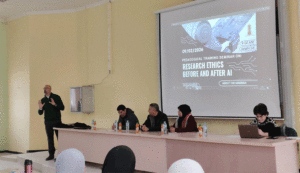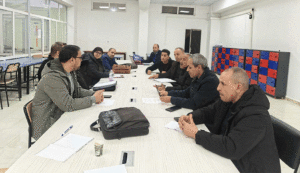Center Director : D.Abderrahim ZEMMIT
- University pole, Bordj Bou Arreridj road, M'Sila 28000 Algeria
- abderrahim.zemmit@univ-msila.dz
Abderrahim ZEMMIT, a faculty member at the University of M’sila, specializes in Electrical Engineering, Artificial Intelligence applications, and Renewable Energies. Since January 2019, he has served as Director of Distance Education at the University of M’sila, where he oversaw the development of digital pedagogical platforms and the integration of blended learning within the academic community. In September 2022, he was appointed Deputy Chair of the National Committee for Higher Education Distance Learning, contributing to the formulation of national policies for digital pedagogical transformation. He has published several scientific articles in indexed international journals and has participated in national and international conferences in the fields of renewable energies, intelligent control, and digital education. Alongside his research and pedagogical activities, he supports and mentors junior faculty members and doctoral students in digital pedagogy and educational innovation.
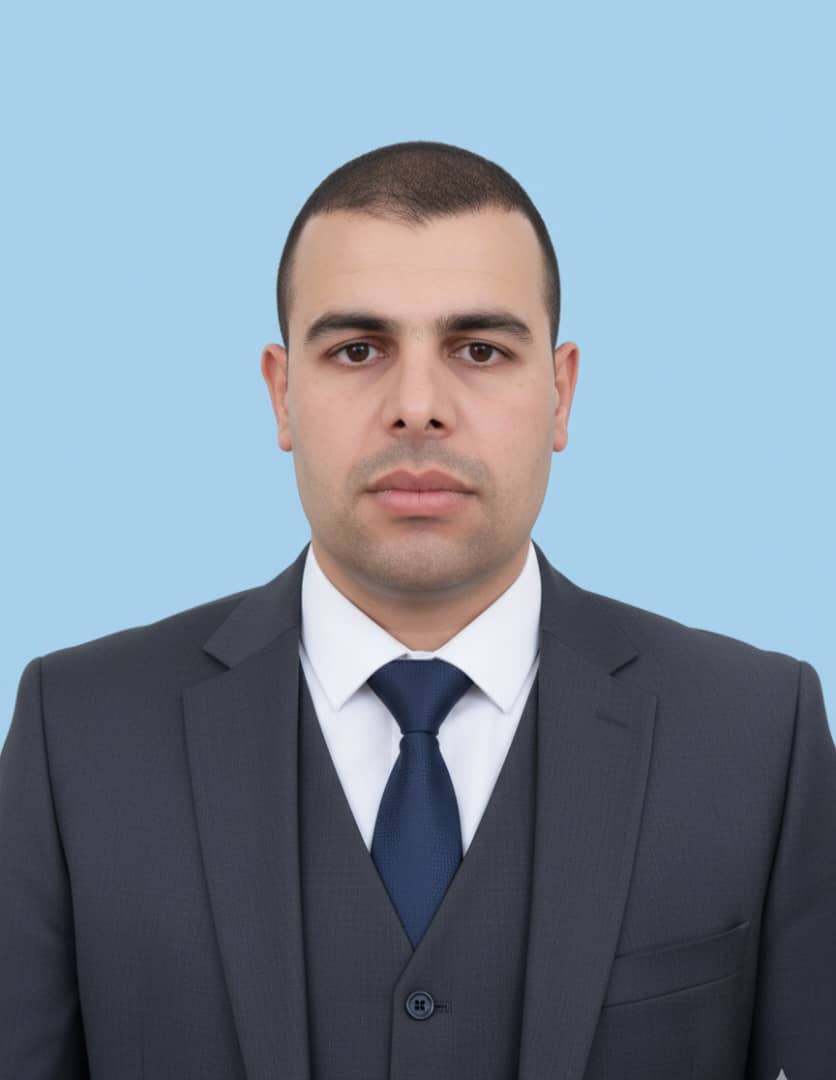
• Ensure the organization, supervision, and support of units in charge of implementing and monitoring the national distance education program in line with pedagogical vigilance principles.
• Coordinate, harmonize, and monitor all activities related to pedagogical training for academic staff.
• Conduct periodic evaluations of the continuous training system for academic staff within higher education institutions.
• Establish a national trainers’ network to foster knowledge-sharing and human resources development.
• Develop a national platform for online pedagogical training.
• Integrate into international pedagogical networks to ensure high value-added training systems for higher education.
• Design and update all initial and continuous training programs for academic staff.
• Manage the Artificial Intelligence House, develop training programs, and organize scientific meetings for its advancement.
• Deploy ICT support platforms in pedagogical and research environments.
• Manage High Performance Computing (HPC) centers.
1. Consolidation of Hybrid and Digital Learning
1.1 Achieve 70% of pedagogical courses structured as digital resources accessible via distance learning platforms.2. Comprehensive Faculty Development
1.2 Provide 100% of new faculty members with initial pedagogical training and ensure 80% of existing staff benefit from continuous training programs.3. Quality in Pedagogical Training
1.3 Establish an internal system for periodic evaluation of distance teaching and training quality, linked to accreditation and university quality indicators.4. Effective National and International Networking
1.4 Integrate the institution into a national pedagogical training network, with at least three international partnerships in digital pedagogy and AI.5. Integration of Artificial Intelligence in Pedagogy
1.5 Develop intelligent digital content (interactive courses, AI-powered platforms) covering at least 50% of core curricula.6. Advanced Digital Infrastructure
1.6 Operate a High Performance Computing (HPC) center to support national and international research projects, with a 200% increase in storage and processing capacity compared to 2025.7. Sustainable Digital Culture
1.7 Foster the culture of ICT use among students, faculty, and administrative staff, making it an integral part of everyday pedagogical practices.8. A Smart and Interconnected Institution
1.8 Transform the university into a “Smart Institution” by 2030, capable of integrating face-to-face and virtual learning, digital scientific research, and e-administration.The cells affiliated with the center
The center includes the following units (or cells):

Digital Strategy Office

House of Artificial Intelligence

The Local Committee for Distance Education

English Training Follow-up Unit

The Pedagogical Vigilance and Teacher Support Unit


